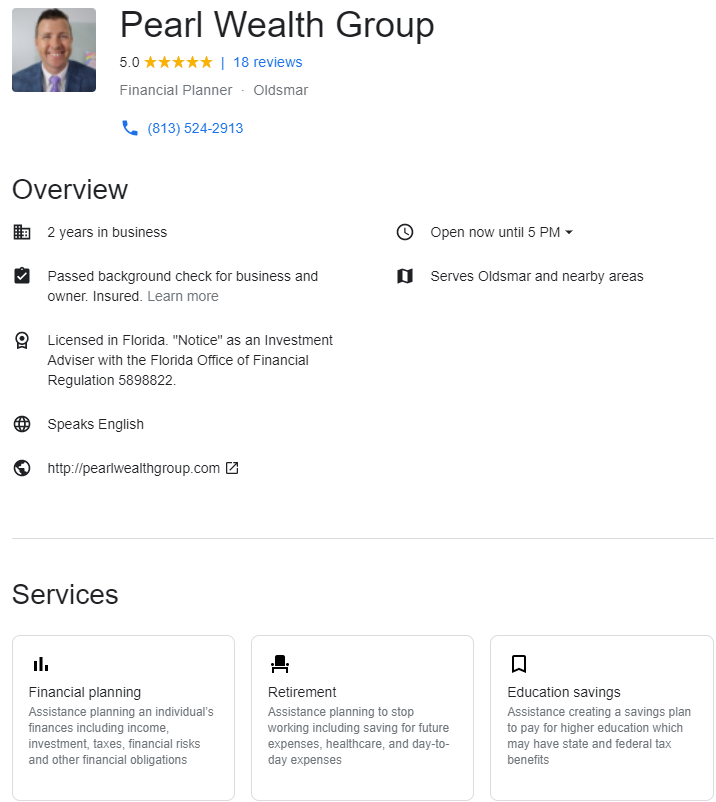
As an aspiring entrepreneur, you must be highly organized and professional in all your dealings. You should give equal importance to the different organs of your team. In addition to being an organizer, you must be resourceful and courageous. We will be discussing some key aspects of becoming an entrepreneur in this article. Keep reading to find out more. Here are the top qualities entrepreneurs must have:
Business management
A business management degree might be the right option for you if your dream is to own your own business. This degree will give you the technical skills to succeed and can open many doors for career advancement. Here are some benefits of studying business management if you don't know where to begin. Continue reading to learn more about this fascinating field. It's a rapidly growing field.
As a student, you may feel lost in your twenties. Going to school can help with self-discovery and identifying your strengths. While you may be interested at a new restaurant concept, or in coaching specialties, you may not be able to choose the right type of business. A business management degree can help define your career goals so you can work towards them. A business management degree can also help you communicate effectively with investors, coworkers, and supporters, as well as find new ways for expanding your company.

Product-market fit
The most important aspect of being an entrepreneur is product-market alignment. Without customers, no business can survive, so finding a product that will address the needs of your target market is crucial to your success. In fact, only 33 per cent of small businesses can survive more than 10 year. One of the leading causes of failure is lack of product-market match. There are several ways to achieve product-market alignment, or even to improve upon it.
One way to measure Product-Market Fit is to do a survey. Surveys can be a cost-effective and quick way to find out if your product or service fits the market. Survey data is the best way to gauge Product-Marketfit. But, you should also evaluate actual customer behavior and determine if your product/service is appropriate for the market. If customers love your product, then your product-market fit has been established.
Cash flow management
Managing cash flow as an entrepreneur can be tough, especially in challenging times. There are many things you can do to make your cash flow more predictable. Some entrepreneurs lease their assets or take loans, while others invest in equipment. These can help provide steady cash flow and allow the owner to deduct expenses as business expenses. Whatever your cash flow problems, there's a solution. Read on for a few ideas.
Timing is crucial to cash flow management strategies. Your business may be profitable for a month or a year. Or even a week. However, if your monthly bills are not paid on time, you could face a cash flow issue. Therefore, it is crucial to plan ahead. A business might be profitable its first year but not its second or third. This is when a business owner must invest more money to ensure positive cash flow.

Build a personal brand
You must establish a voice before you can start building a personal brand. Your brand is your message and should be consistent across all marketing materials. Your passions, interests and values will make your brand unique. Create a personal brand based on your existing branding assets. Sharing your story will help you connect with customers better. This is an important part of creating a personal brand.
People naturally connect to people. A personal branding allows you to make connections with these people. Your personal brand will increase your chances of being hired and make you more attractive to potential clients. Entrepreneurs will often have multiple businesses. Your shares will likely be sold if your first business fails. However, your personal brand will not be lost after the project is completed. You will benefit from being more personal and professional.
FAQ
How do I start a LLC consulting business?
First, you must decide what your goals are as a service provider. Then, make sure that you are qualified for these services. It might also help to find someone who already does what you want to offer and see how they operate.
Once you have a clear idea of what you are offering, you can start to identify your target market. If they don't exist, you might have to make them.
Next, you will need to decide if you want to start your own business or hire others.
It is possible to also start your own consulting firm by obtaining a license from the State. But this will require a lot more paperwork and legal costs.
What qualifications do you require to become a Consultant?
Not only is it important to have an MBA but you should also have business consulting experience. Two years experience should be gained in consulting or training for a major corporation.
You should have had experience working with senior management to create strategy. This means you'd have to be comfortable presenting ideas to clients and getting buy-in.
You'll also need to pass a professional qualification exam such as the Chartered Management Institute's Certified Management Consultant (CMC) certification.
What contracts are available for consultants?
When they are hired, most consultants sign standard employment contracts. These agreements detail the length of the consultant's contract with the client, the amount he/she is paid, and other important details.
Contracts can also indicate the areas of expertise that the consultant will concentrate on and the compensation they will receive. The agreement might state that the consultant will conduct training sessions, workshops or webinars.
Sometimes, the consultant agrees to do certain tasks within a given time frame.
Consultants often sign independent contractor contracts in addition to their standard employment agreements. These agreements allow the consultant to work independently but still receive payment for his/her efforts.
Do I really need legal advice?
Yes! Yes. Many consultants will create contracts for clients without seeking legal advice. However, this can lead to problems down the road. What happens if a client terminates the agreement after the consultant's completion deadline? Or, what happens if the consultant doesn't meet the deadlines set forth in the contract?
To avoid any potential problems, it is best to consult a lawyer.
What jobs are available as consultants?
You will need to be able to understand business strategy and operations if you want to work as a consultant. Understanding how businesses work and their place in society is also essential.
To be successful as a consultant, you must have strong communication skills and an ability to think critically.
Consultants should be flexible because they may be asked for different tasks at various times. They should be flexible enough to change direction quickly if needed.
They must be prepared to travel extensively for the clients they represent. They may be required to travel all over the globe for this type of work.
They need to be able and able to manage pressure and stress. Consultants might sometimes have to meet tight deadlines.
Consultants are often expected to work long hours. This could mean that overtime may not always be paid.
How much do consultants earn?
Some consultants make over $100k per year. However, most consultants only make $25-$50k. The average consultant salary ranges from $39,000 to $39,000. This includes hourly as well as salaried consultants.
Salary depends on industry, experience, location, and type of contract (contractor vs employee). Also, whether the consultant is located in their office or remote.
Statistics
- WHY choose me: Why your ideal client should choose you (ex: 10 years of experience and 6-week program has helped over 20 clients boost their sales by an average of 33% in 6 months). (consultingsuccess.com)
- Over 62% of consultants were dissatisfied with their former jobs before starting their consulting business. (consultingsuccess.com)
- On average, your program increases the sales team's performance by 33%. (consultingsuccess.com)
- 67% of consultants start their consulting businesses after quitting their jobs, while 33% start while they're still at their jobs. (consultingsuccess.com)
- According to statistics from the ONS, the UK has around 300,000 consultants, of which around 63,000 professionals work as management consultants. (consultancy.uk)
External Links
How To
What does a typical consultant's day look like?
A typical day will vary depending on the type of work you are undertaking. But, in general, you will spend your time researching, planning and meeting new clients.
You will have many meetings where clients and you can discuss their issues. These meetings can be conducted over the phone, by email, face-to-face, or online.
You may also be asked to prepare proposals, which are documents outlining your ideas and plans for clients. These proposals should be discussed with a mentor or colleague before being presented to clients.
You will need to create content after all your planning and preparation. You might be creating articles, videos, editing photos, writing interviews, or designing websites.
It depends on the project's scope, you might need to do some research to collect relevant statistics. This could include finding out how many customers your company has and whether they purchase more than one product.
Once you have all the information needed, it is time for clients to see your findings. You may give your findings orally or in written form.
After your initial consultation with clients, you need to keep in touch. You can call clients to ask how they are doing or send emails asking for confirmation that your proposal was received.
While this can be a slow process, it's essential to remain focused and maintain good working relationships with clients.